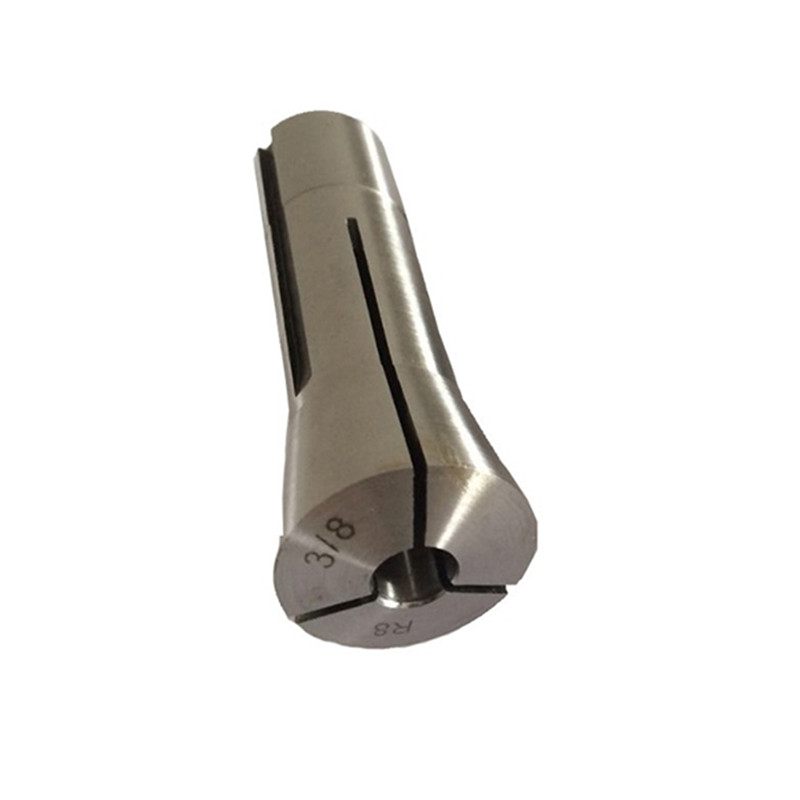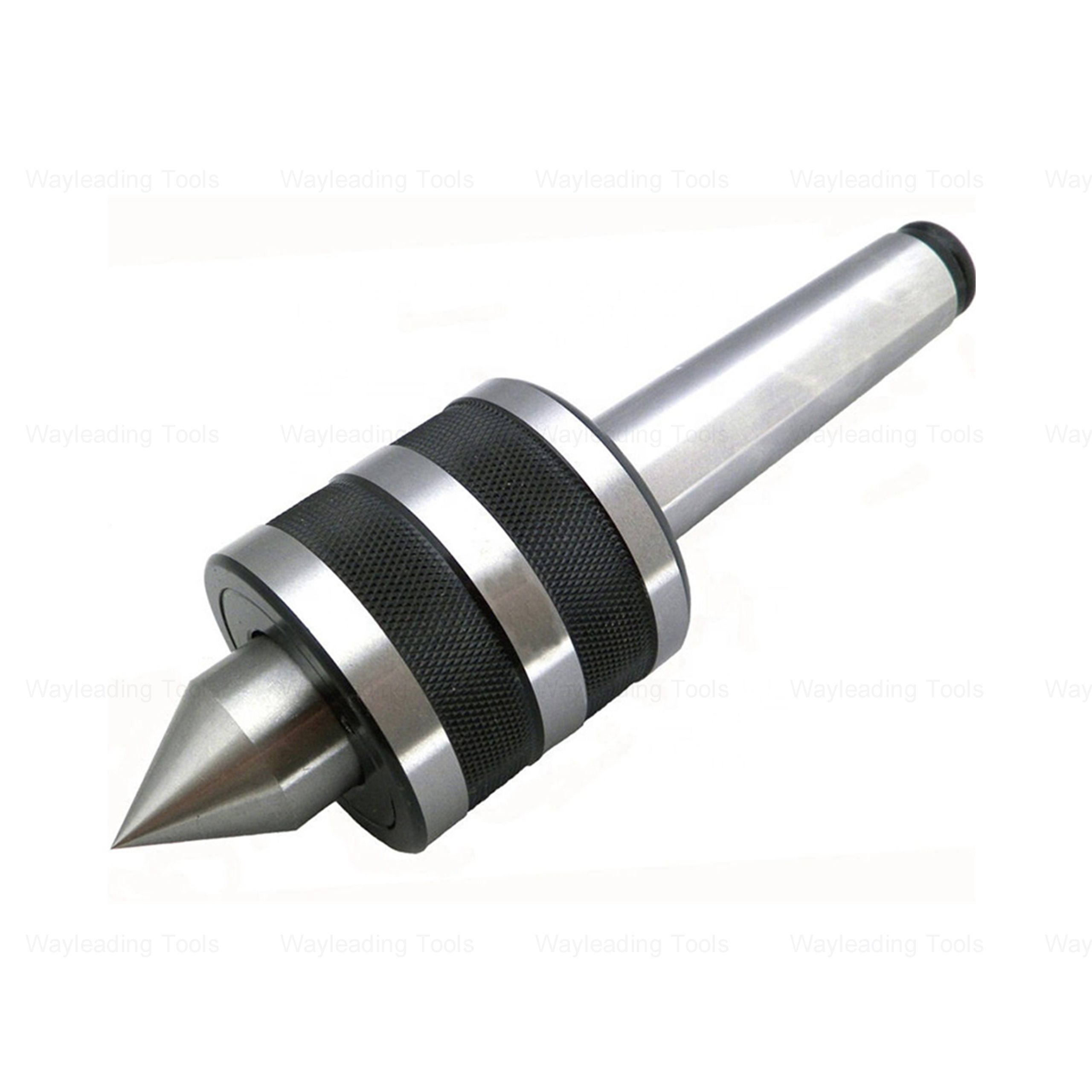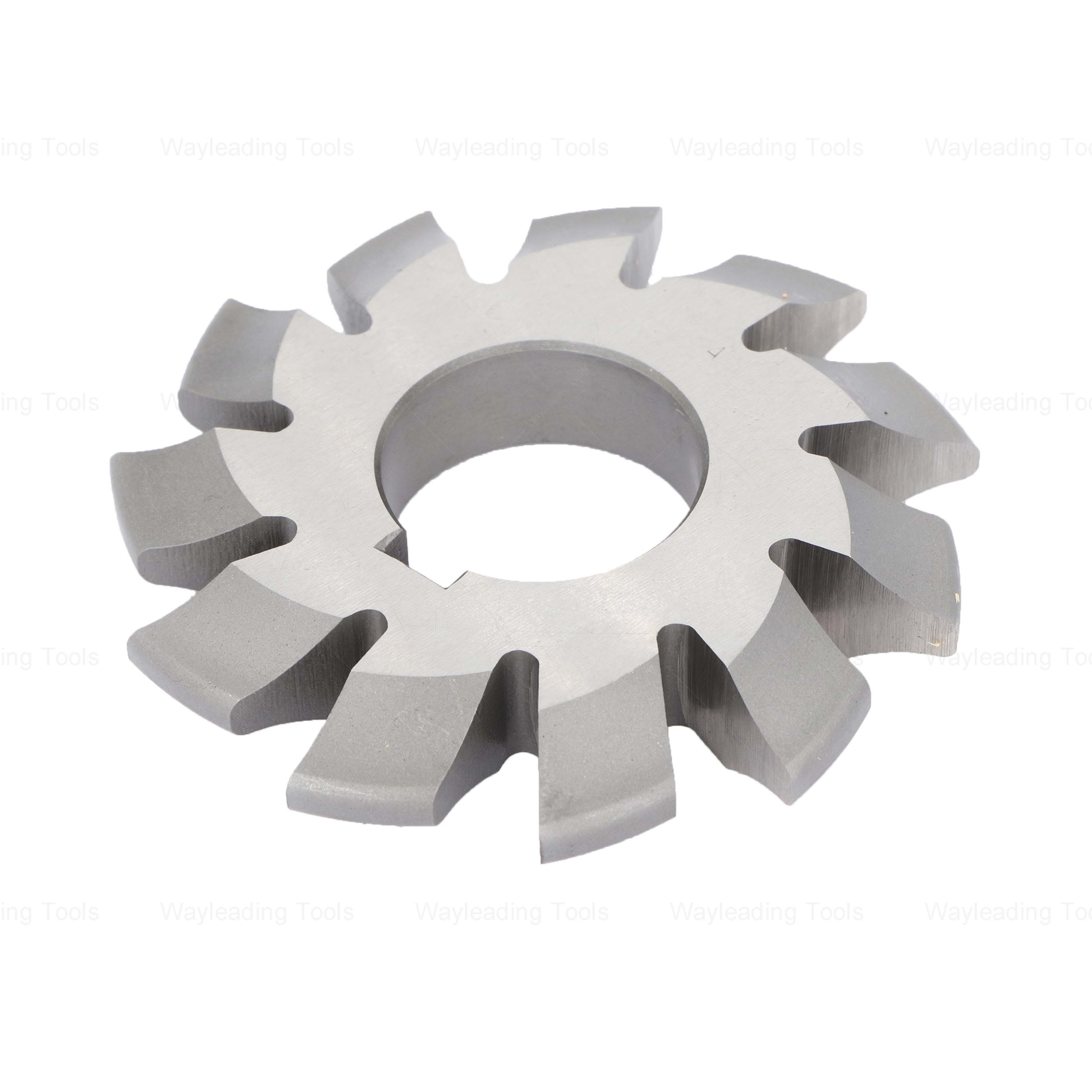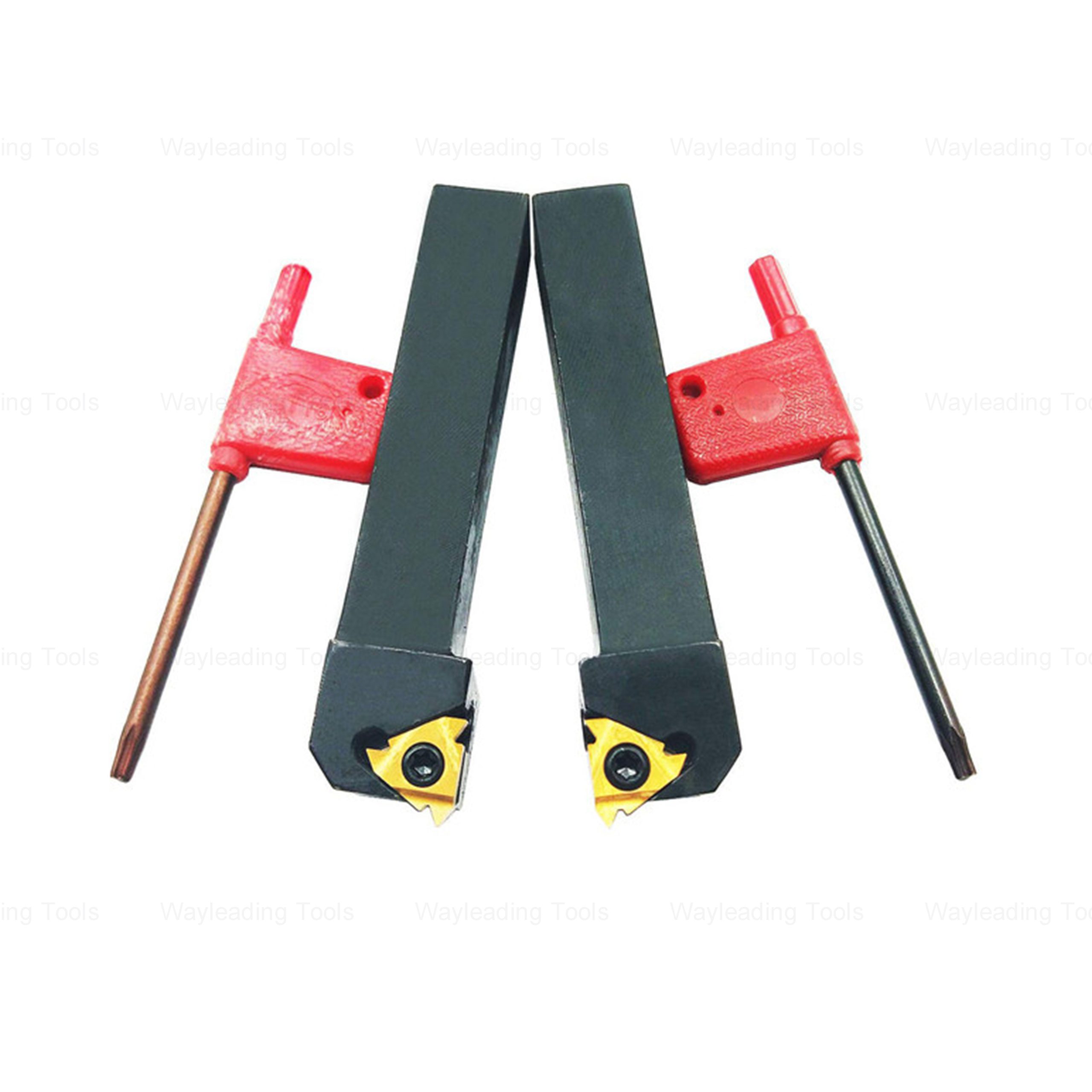Tool holding Supplier
Choosing the right tool holding supplier is crucial for optimizing machining operations. This guide provides an in-depth look at key considerations, including supplier qualifications, product range, quality control, and customer support, to help you make an informed decision and secure a reliable partnership.
Understanding Your Needs: Defining Your Tool Holding Requirements
Assessing Your Machining Operations
Before embarking on your search for a tool holding supplier, thoroughly assess your current machining operations. Consider the following factors:
- Machine Types: Identify the types of CNC machines used in your shop (e.g., milling machines, lathes, multi-axis machines). Each machine type requires specific tool holding solutions.
- Cutting Tools: Determine the range of cutting tools you use, including their shank sizes, geometries, and materials. Ensure your tool holding system can accommodate your existing and future tooling needs.
- Materials: Consider the materials you machine. Different materials require varying levels of rigidity and vibration damping in your tool holding.
- Precision Requirements: Define the level of precision required for your parts. Higher precision applications necessitate more accurate and stable tool holding.
- Production Volume: Analyze your production volume. High-volume production may require more durable and reliable tool holding solutions.
Defining Your Budget
Establish a clear budget for your tool holding investment. This will help narrow down your options and ensure you select a solution that provides the best value for your money. Remember to factor in not only the initial purchase price but also the long-term costs associated with maintenance, repairs, and potential downtime.
Qualities of a Reliable Tool Holding Supplier
Industry Experience and Reputation
Look for a tool holding supplier with a proven track record in the industry. Check their years of experience, customer reviews, and industry certifications. A reputable supplier will have a solid understanding of machining operations and be able to provide expert advice and support.
Wayleading Tools, with years of experience in the industry, strives to be a reliable tool holding supplier offering quality products.
Comprehensive Product Range
A good supplier should offer a wide range of tool holding solutions to cater to diverse machining needs. This includes:
- Collet Chucks: ER collet chucks, DA collet chucks, and specialized collet chucks for high-speed machining.
- End Mill Holders: Weldon end mill holders, shrink-fit holders, and hydraulic chucks.
- Milling Chucks: High-precision milling chucks for demanding applications.
- Tapping Chucks: Synchronized tapping chucks and quick-change tapping chucks.
- Boring Bar Holders: Modular boring bar systems for internal machining.
- Specialty Holders: Custom-designed tool holding solutions for unique applications.
Commitment to Quality and Precision
Quality is paramount when it comes to tool holding. The supplier should have rigorous quality control processes in place to ensure that their products meet or exceed industry standards. Look for suppliers who use high-quality materials, precision manufacturing techniques, and advanced testing equipment.
Strong Technical Support and Customer Service
Choose a supplier who provides excellent technical support and customer service. They should be able to answer your questions, offer technical advice, and assist with troubleshooting. A responsive and knowledgeable support team can be invaluable in ensuring the optimal performance of your tool holding system.
Evaluating Tool Holding Options
Types of Tool Holding Systems
Different tool holding systems offer varying levels of performance and suitability for specific applications. Here's a brief overview of some common types:
- Collet Chucks: Versatile and cost-effective, suitable for a wide range of applications. ER collet chucks are a popular choice due to their wide clamping range and good accuracy.
- Hydraulic Chucks: Offer excellent vibration damping and high clamping force, ideal for demanding machining operations.
- Shrink-Fit Holders: Provide exceptional concentricity and rigidity, making them suitable for high-speed machining and tight-tolerance applications.
- Mechanical Milling Chucks: Offer high clamping forces and rigidity, ideal for heavy milling operations.
Key Performance Characteristics
When evaluating tool holding options, consider the following performance characteristics:
- Runout: Measures the accuracy of the tool holding system. Lower runout values indicate higher precision.
- Clamping Force: Indicates the holding power of the system. Higher clamping force is essential for preventing tool slippage during machining.
- Vibration Damping: Reduces vibration and chatter, improving surface finish and tool life.
- Balance: Balanced tool holding systems are crucial for high-speed machining, minimizing vibration and extending spindle life.
- Rigidity: Affects the ability of the tool holding system to resist deflection under load, which impacts accuracy and surface finish.
The Importance of Proper Tool Holding Maintenance
Proper maintenance is essential for ensuring the longevity and performance of your tool holding system. Follow these guidelines:
- Regular Cleaning: Clean tool holding components regularly to remove chips, dirt, and coolant residue.
- Lubrication: Lubricate moving parts as recommended by the manufacturer.
- Inspection: Inspect tool holding components for wear and damage. Replace worn or damaged parts promptly.
- Torque Specifications: Always tighten screws and bolts to the manufacturer's specified torque values.
Case Studies and Examples
Example 1: Improving Surface Finish with Hydraulic Chucks
A manufacturing company was struggling with poor surface finish when machining aluminum parts. After switching to hydraulic chucks, they experienced a significant improvement in surface finish due to the superior vibration damping capabilities of the hydraulic chucks.
Example 2: Increasing Tool Life with Shrink-Fit Holders
A machine shop was experiencing premature tool wear when machining hardened steel. By switching to shrink-fit holders, they were able to reduce vibration and improve tool stability, resulting in a significant increase in tool life.
Finding Tool Holding Suppliers Online and Offline
Online Marketplaces and Directories
Explore online marketplaces and directories to find potential tool holding suppliers. Some popular options include:
- Industry websites and magazines
- Online search engines
- Supplier directories such as ThomasNet and GlobalSpec
Trade Shows and Industry Events
Attend trade shows and industry events to meet potential tool holding suppliers in person. This is a great opportunity to see their products, ask questions, and network with industry experts.
Making Your Decision: Key Questions to Ask Potential Suppliers
Before making your final decision, ask potential tool holding suppliers the following questions:
- What is your company's experience in the tool holding industry?
- What types of tool holding solutions do you offer?
- What are your quality control processes?
- What is your lead time for delivery?
- What is your warranty policy?
- Do you offer technical support and customer service?
- Can you provide references from other customers?
Conclusion
Choosing the right tool holding supplier is a critical decision that can significantly impact the efficiency and profitability of your machining operations. By carefully considering your needs, evaluating your options, and selecting a reputable supplier, you can ensure that you have the right tool holding solutions to meet your specific requirements. Remember to prioritize quality, performance, and customer support when making your decision. For high-quality and reliable tool holding products, visit Wayleading Tools.
Related products
Related products
Best selling products
Best selling products-
 Type M Cone Tungsten Carbide Rotary Burr
Type M Cone Tungsten Carbide Rotary Burr -
 Indexable Spade Drill Holder With Helical Flute Holder And Taper Shank
Indexable Spade Drill Holder With Helical Flute Holder And Taper Shank -
 HSS Involute Spline Cutter With PA30
HSS Involute Spline Cutter With PA30 -
 Precision V Block And Clamps Set With High Quality Type
Precision V Block And Clamps Set With High Quality Type -
 Precision V Block Set With High Quality Type
Precision V Block Set With High Quality Type -
 R8 Round Collet With Inch and Metric Size
R8 Round Collet With Inch and Metric Size -
 Digital Indicator – Precision Type, Inch/Metric, Industrial Grade
Digital Indicator – Precision Type, Inch/Metric, Industrial Grade -
 Precision Straight Shank To Morse Taper Adapter
Precision Straight Shank To Morse Taper Adapter -
 DIN6537L Metric Solid Carbide Twist Drill With Internal Coolant & External Coolant
DIN6537L Metric Solid Carbide Twist Drill With Internal Coolant & External Coolant -
 Precision Outside Micrometer Set With digit Counter Of Inch & Metric With Rachet Stop
Precision Outside Micrometer Set With digit Counter Of Inch & Metric With Rachet Stop -
 Single Wheel Knurling Tools With Straight Pattern For Industrial Type
Single Wheel Knurling Tools With Straight Pattern For Industrial Type -
 Type A Cylinder Tungsten Carbide Rotary Burr
Type A Cylinder Tungsten Carbide Rotary Burr










